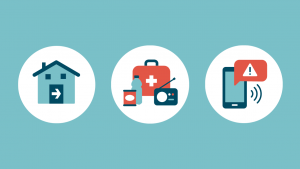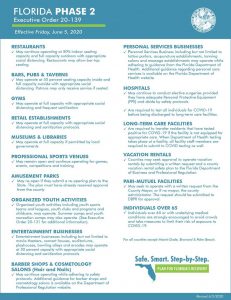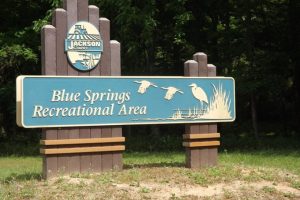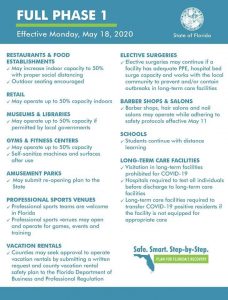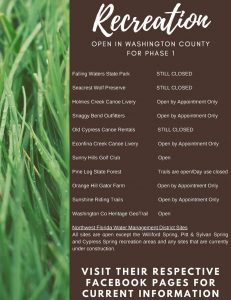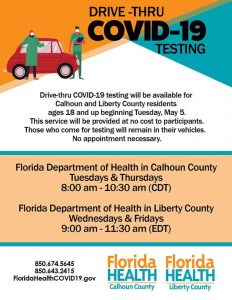It is hurricane season and again and we have already had 3 named storms. This is a brief how to on revising your emergency plan amid the Coronavirus Pandemic. Mother Nature doesn’t always check the calendar—or pay attention to the news. Before hurricane season officially kicked off, we already had two named storms, Arthur and Bertha, off the southeastern coast. Add to that devastating floods in Michigan, wildfires in the Florida panhandle, and a turbulent tornado season in the Midwest, and summer 2020 is off to a rough start.
By all accounts, the Atlantic hurricane season is going to be busier than usual. The major forecasters—including the National Oceanic and Atmospheric Administration—are predicting 13 to 19 named storms (winds of 39 mph or higher), including three to six major hurricanes (category 3, 4, or 5). That’s concerning enough in normal times, but with the coronavirus pandemic still unfolding, evacuating during a natural disaster becomes even more fraught—and logistically complicated—by the added worry of potential exposure to infection.
The Red Cross recommends gathering your supplies now, because they may become less available once a storm is predicted or approaching. If you dipped into your emergency stash—canned food, bottled water, and other nonperishables—during the quarantine, make sure to replenish the supplies you used. 👉🏼 It’s also a good time to check with hotels, motels, and campgrounds to see whether they’ve opened. And find out whether your local emergency management agency has adapted its sheltering plans, based on any stay-at-home orders or loosening quarantine restrictions.
The Red Cross and FEMA are also revising their normal emergency procedures. Because of the need for social distancing, large congregant shelters like school gymnasiums are no longer the first option, though in the event of a large-scale evacuation they may become necessary: Instead of opening large shelters, they are prioritizing individual hotel rooms or dormitory-style rooms to make sure people have a safe place to stay if they can’t return home after a disaster.
Red Cross’ Gustafson recommends putting together two emergency supply kits—one for sheltering at home and another for evacuating. In both cases, plan on assembling a one-month supply of the prescription and over-the-counter medications you depend on. Keep your meds in a separate bag so that you can easily grab them no matter where you go. Here’s what the Red Cross recommends for each scenario.
Stay-at-Home Kit (2 Weeks of Supplies)
Gather everything you need to stay at home for at least two weeks, including food, water, household cleaning and disinfectant supplies, soap, paper products, and personal hygiene items. Don’t forget to stock up on face masks, something we didn’t have to think about in previous years.
Even if you don’t have to evacuate, you may be without power for an extended time. If you have a portable generator, make sure it’s in good working order and that you have a supply of gas on hand (gas stations may not be operational if they lose power, too). And make sure your carbon monoxide detector is in working order. If you don’t have a portable generator, now is a good time to consider buying one. A portable generator can keep four to six appliances and electronic devices running—refrigerator, window air conditioner, TV, phones. Always place the generator at a minimum of 20 feet from your house, with the exhaust vent directed away from any windows or doors.
Evacuation Kit (3 Days of Supplies)
Your to-go kit should be a lightweight, smaller version of your stay-at-home kit that you can take with you if you must leave your home quickly. Include everything you need to be on your own for three days, such as food, water, personal hygiene items, and cleaning and disinfectant supplies that you can use on the go (tissues, hand sanitizer with 60 percent alcohol, and disinfecting wipes). Make sure that you have enough face masks for everyone in your household.
Be prepared and stay safe!
